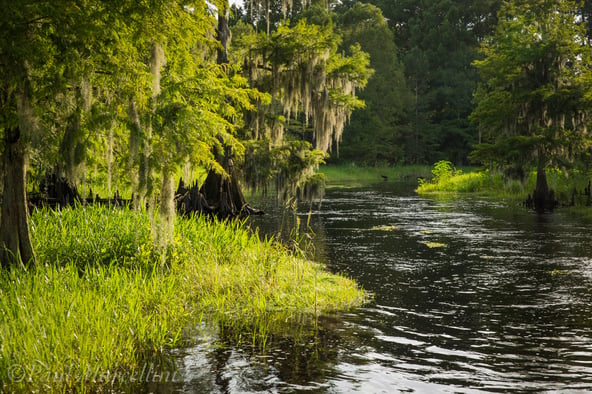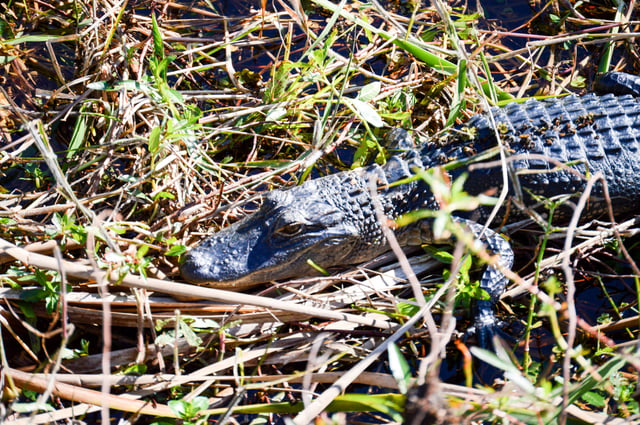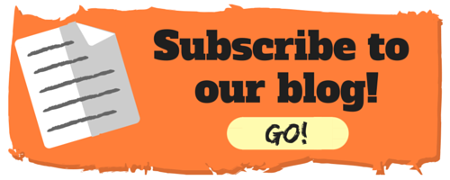Did you know? The Florida Everglades covers 2 million acres and is home to over 350 species of wildlife. That’s a big chunk of our planet! Many animals depend on this National Park and it’s up to us to protect it. Although the Everglades is important for our wildlife, it impacts the residents of Florida, too! So, in honor of participating in National Wildlife Federation's Wildlife Week, here are a few ways that you can help protect the Everglades and the animals that call it home.

Be sure to dispose of prescription medicine safely - It's pretty awful when you get sick, right? And it's perfectly normal to want to get rid of all the evidence that reminds you how terrible it was when you were sick, once you get better. That means washing all of your blankets, putting away all of the tissue boxes and tossing the medicine (because you never want to have to take medicine again!). However, tossing unwanted or expired medicine into the garbage or flushing it down the toilet can taint our rivers, lakes, and water supplies. This is most harmful to underwater wildlife. The safest and most environmentally responsible way to dispose of your unwanted or expired presciption medicine is to take it to a drug take-back site. You can find one near you by searching online, or keep your out eye for National Prescription Drug Take-Back events hosted by the U.S. Drug Enforcement Administration (DEA), where collection sites are set up in communities nationwide for safe disposal of prescription drugs.
Use more natural household cleaning products – When cleaning your home, try to be more conscious of the cleaning products you buy. The chemicals in many household cleaners are common pollutants, toxic to animals, and can reduce the quality of drinking water. The U.S. Environmental Protection Agency names phosphorus, nitrogen, ammonia, and chemicals grouped under the term "Volatile Organic Compounds" as the worst environmental hazards in household cleaners. These chemicals are often rinsed down drains and flushed down toilets when cleaning the house and can be detrimental to aquatic animals. We can help protect wildlife by using just castile soap and water as our go-to household cleaner. Baking soda and white vinegar work wonders, too! Switching to natural cleaning products can even save you some money!

Walk or ride your bike to work – Scientists and environmentalists are working with state and federal officials to better understand how society’s pollution has so greatly affected the Everglades’ water, in hopes of protecting this ecosystem as much as possible. In the meantime, walking or riding your bike to work can help limit the amount of carbon dioxide released into the air. Driving is known as one of the biggest causes of pollution, and even if you choose to walk to work once a week, you’re still making a difference!
Visit and ensure that natural habitats are being taken care of – Do you have a favorite trail or beach you visit when you want to escape into the beauty of the outdoors? When you stop by these areas, make sure to report if you feel like the area isn’t being properly taken care of. Are people harming the plants and property? Did someone not pick up after themselves when they were last there? Ensuring that publicly owned lands are healthy and properly managed can help to prevent brush fires, threats of invasive species, help control climate change and ensure that animals are living in a safe environment. Managing these natural habitats are also necessary to protecting Florida’s drinking water sources and water quality. In Florida, the Everglades is the primary source of drinking water for more than a third of Florida’s population!
In addition to these four ways you can help to protect the Everglades, don’t forget the other simple habits you can implement to help protect the environment such as recycling, not littering, and doing your best to conserve water! If there’s a way that you and your family help to protect the Florida Everglades, tag #BeWild and share your tip with us – we’d love to hear!




